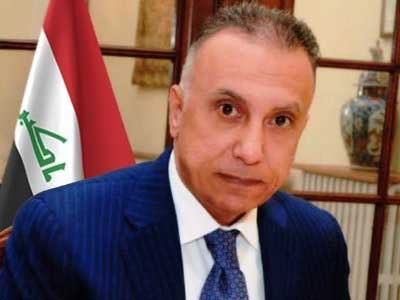Sheikh Abdullah bin Zayed Al Nahyan, UAE Minister of Foreign Affairs and International Cooperation, and Dominic Raab, UK Secretary of State for Foreign and Commonwealth Affairs and First Secretary of State, discussed the cooperation and strategic ties between the two countries in various fields, including the health sector on Thursday.
This came in a phone, wherein the two top diplomats reviewed regional and international developments of concern, most notably the situation in Iran, Yemen and Libya.
The two sides touched on their efforts to counter the COVID-19 pandemic, stressing the importance of further enhancing cooperation in addressing the pandemic’s fallout and supporting the global action to develop a vaccine.
Sheikh Abdullah and Raab also emphasised the historical relations between the two friendly countries and their keenness to reinforce their cooperation for the best interest of their peoples and their aspirations for development and prosperity.
Raab hailed anew the peace accord between the UAE and Israel, describing it as an important step in the peace process in the region.
Sheikh Abdullah thanked Raab and noted the UK’s key role in promoting peace and supporting security and stability in the region.
Also read:US-UAE F 35 deal underway








